The week's best parenting advice: February 22, 2022
Why you should try singing instead of shouting, teaching kids to own their mistakes, and more

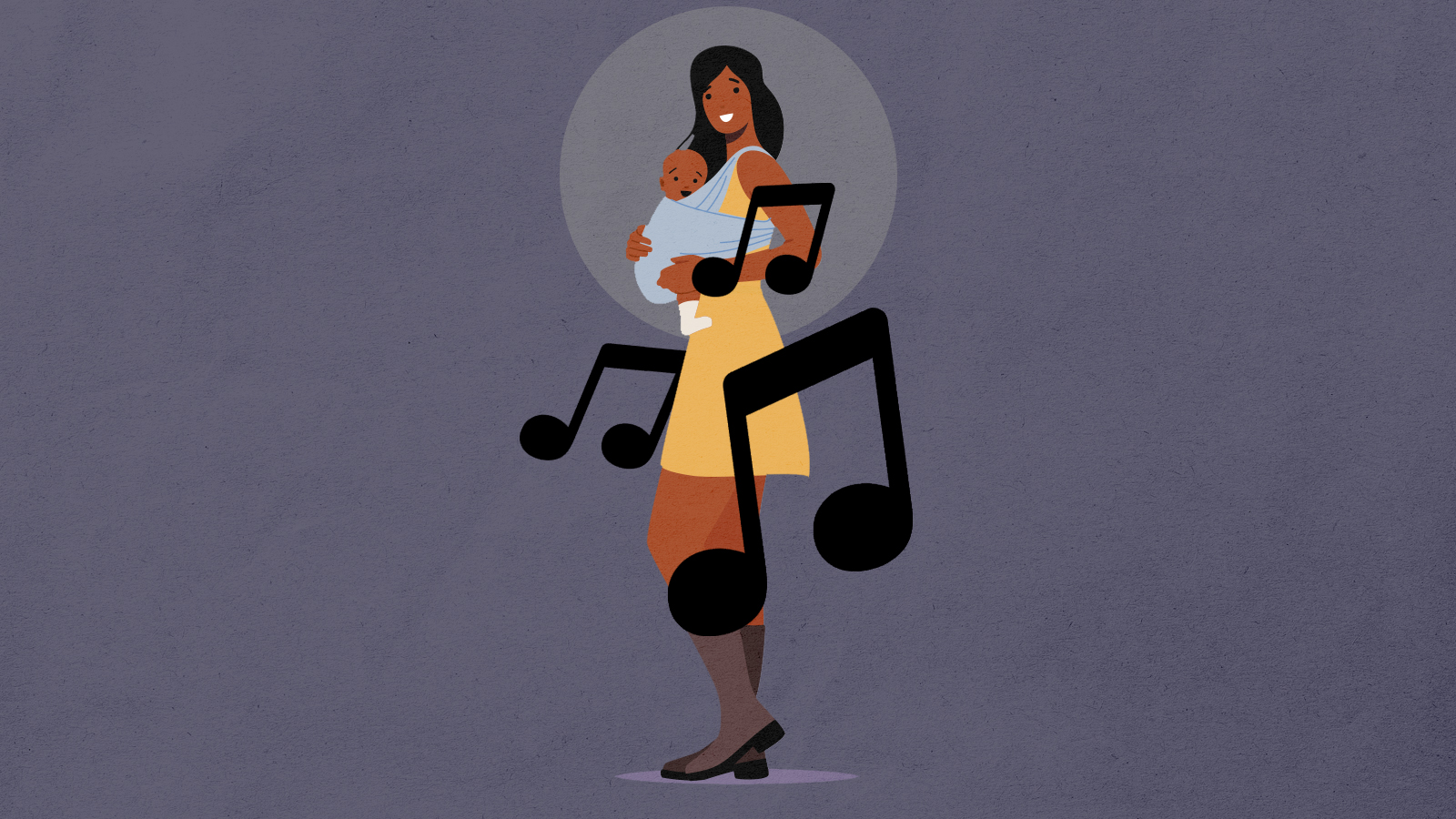
A free daily email with the biggest news stories of the day – and the best features from TheWeek.com
You are now subscribed
Your newsletter sign-up was successful
1. Why you should try singing instead of shouting
If you find yourself continually barking orders at your kids to no avail, try singing instead, writes Amy Paturel in The Washington Post. Music boosts listening, cooperation, and trust among people of all ages, and is especially helpful for connecting with children. Singing is also an effective means of making sure kids remember what you tell them. "Music taps into the emotional and memory centers of the brain, so information and instructions delivered through song are more likely to stick," said Patrick Savage, director of the Keio University CompMusic Lab in Japan. And it can enhance children's capacity for emotional empathy. "Whether you choose to sing pop culture hits or bang pots and pans, synchronizing with children through musicking triggers the brain's reward system. The result: Your children may be more agreeable, and you may be less likely to snap — at least in theory," writes Paturel.
2. Teaching kids to own their mistakes
It's normal for kids to make excuses for bad behavior, but it's also important for them to learn to own their mistakes, writes Vicki Glembocki in Parents. "Kids who get into the habit of passing the buck can turn into adults who lack confidence, won't take risks, and can't be trusted." Parents can encourage accountability by giving children autonomy, which helps instill responsibility for their actions. "To do that, you have to bite your tongue and stop giving them instructions all the time," writes Glembocki. Thinking through your own decisions out loud can help kids absorb the process of good decision making. Avoid shielding your kids from consequences (by bringing their forgotten homework to school, for example), so they learn that "goof-ups aren't the end of the world," writes Glembocki. And of course, lead by example, by vocally owning up to your own mistakes, without adding qualifiers.
The Week
Escape your echo chamber. Get the facts behind the news, plus analysis from multiple perspectives.

Sign up for The Week's Free Newsletters
From our morning news briefing to a weekly Good News Newsletter, get the best of The Week delivered directly to your inbox.
From our morning news briefing to a weekly Good News Newsletter, get the best of The Week delivered directly to your inbox.
3. When to worry about teeth-grinding
Plenty of kids grind their teeth, and for a variety of reasons, such as curiosity or boredom, writes Jennifer Parris in Romper. Often, there's little reason to worry, and the habit goes away on it's own. "Grinding mainly gets concerning when it continues on and damages their adult teeth or is extremely severe, wearing down their teeth, causing jaw pain and/or exposing the nerve," says Tina Saw, a cosmetic and general dentist. If your child grinds their teeth at night, be on the look out for co-existing issues, such as snoring, mouth breathing, crowded teeth, an open bite, tongue tie, large tonsils, or a high-arched palate, which could be signs of sleep disordered breathing. Other than that, "if teeth grinding is habitual and not really causing any other problems, there isn't really anything to do about it other than wait it out," says pediatric dentist Erin Issac.
4. Button batteries are worth avoiding
Button batteries are small, round, shiny – and extremely dangerous to have around young kids, writes Christian Dashiell in Fatherly. "I encourage parents of younger children not even to purchase toys or electronics that use button battery cells," says pediatrician Christina Johns. In addition to being a choking hazard, button batteries have acid in them that can ooze when the batteries become wet and can cause serious damage to the esophagus, trachea, or stomach. If you suspect your child has swallowed a button battery, don't attempt to dislodge the battery, or wash it down with food or drink. "The only course of action should be to proceed directly to the emergency department," said Johns.
A free daily email with the biggest news stories of the day – and the best features from TheWeek.com
5. Vaccination during pregnancy can protect infants
Coronavirus vaccinations given during pregnancy provide protection to babies after they are born, according to a new study, reports Brittany Shammas and Amy Cheng in The Washington Post. Among 379 infants, including 176 who had COVID-19, babies whose mothers were fully vaccinated with mRNA shots while pregnant were 61 percent less likely to be hospitalized for the virus in their first six months of life. Protection appeared to be stronger if the vaccination occurred after the first 20 weeks of pregnancy. This study builds on previous findings that pregnancy increases the risk of severe problems from the virus, as well as research on other diseases, such as whooping cough and the flu, suggesting that immunization in pregnancy can provide protection to infants in the first six months of life.
Stephanie H. Murray is a public policy researcher turned freelance writer.
-
 Wuthering Heights: ‘wildly fun’ reinvention of the classic novel lacks depth
Wuthering Heights: ‘wildly fun’ reinvention of the classic novel lacks depthTalking Point Emerald Fennell splits the critics with her sizzling spin on Emily Brontë’s gothic tale
-
 Why the Bangladesh election is one to watch
Why the Bangladesh election is one to watchThe Explainer Opposition party has claimed the void left by Sheikh Hasina’s Awami League but Islamist party could yet have a say
-
 The world’s most romantic hotels
The world’s most romantic hotelsThe Week Recommends Treetop hideaways, secluded villas and a woodland cabin – perfect settings for Valentine’s Day
-
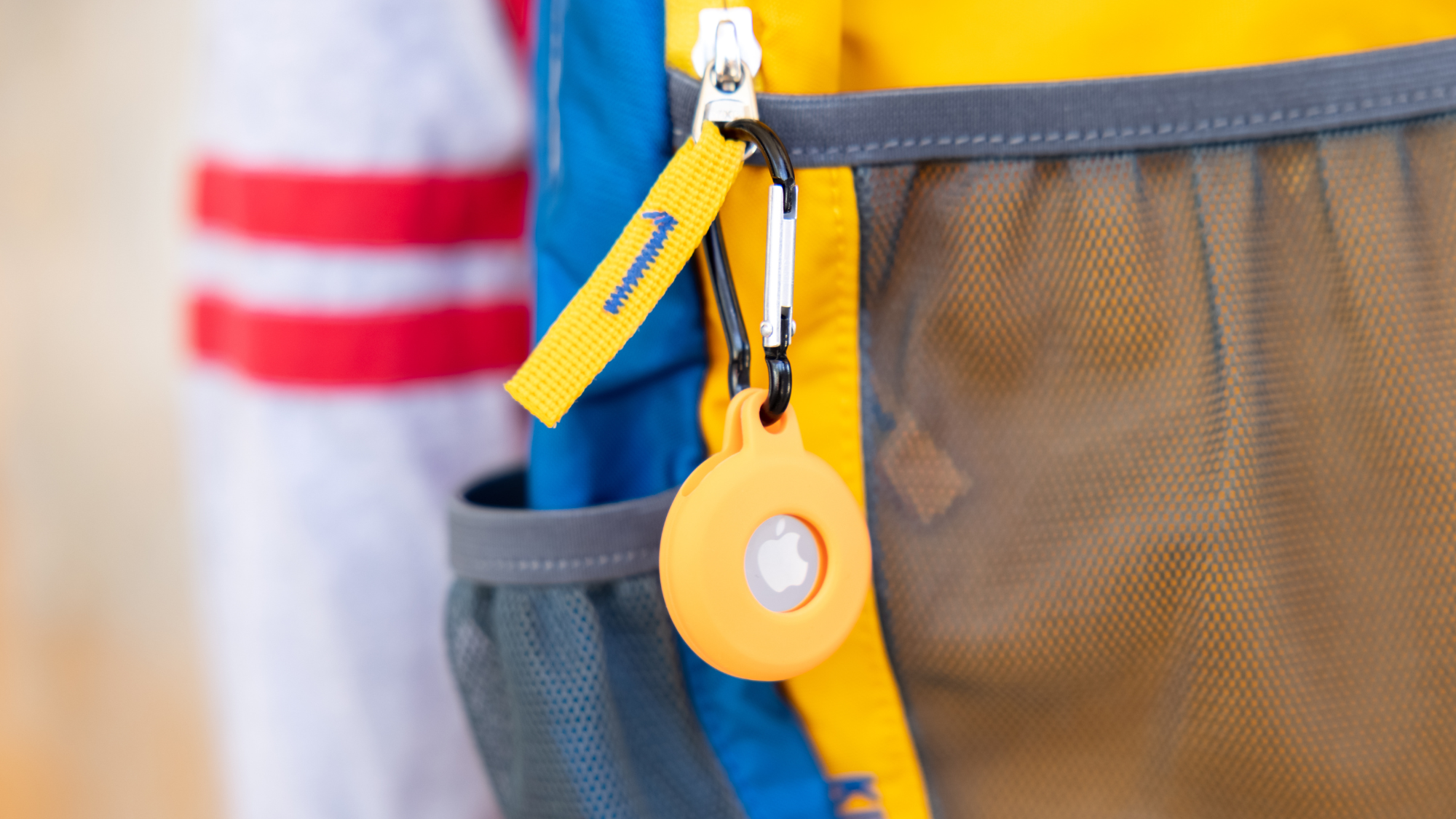 Should parents stop tracking their kids?
Should parents stop tracking their kids?Talking Point Experts warn the line between care and control is getting murkier – and could have consequences
-
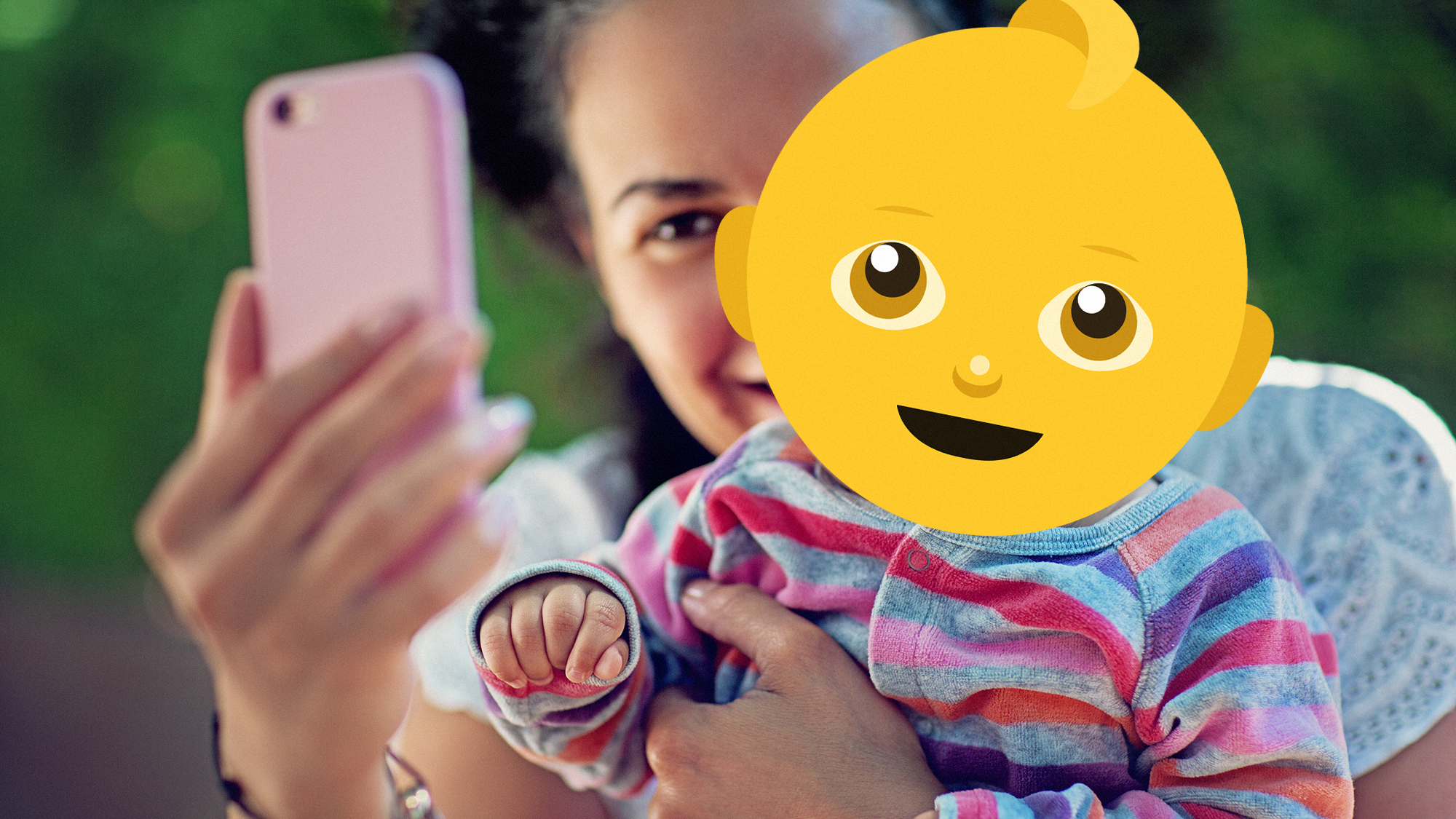 Sharenting: does covering children's faces on social media protect them?
Sharenting: does covering children's faces on social media protect them?In The Spotlight Privacy trend has 'trickled down' from celebrity parents but it may not protect your kids
-
 Disney is still shielding Americans from an episode of 'Bluey'
Disney is still shielding Americans from an episode of 'Bluey'Talking Points The US culture war collides with a lucrative children's show
-
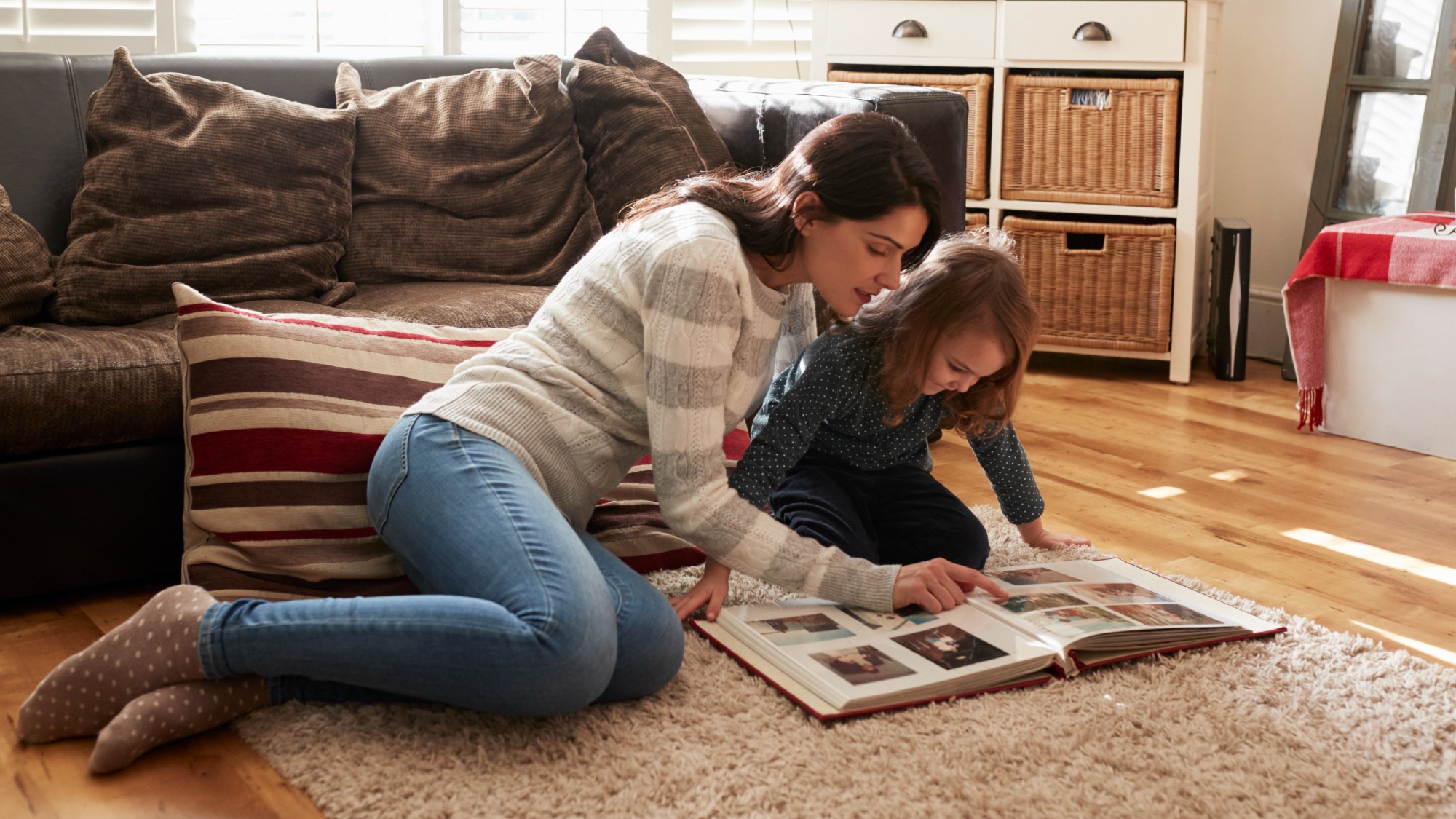 'Making memories': the scourge of modern parenting?
'Making memories': the scourge of modern parenting?In The Spotlight Meghan Markle sends her children emails of each day's 'moments' but is constant 'memory-making' just another burden for parents to bear?
-
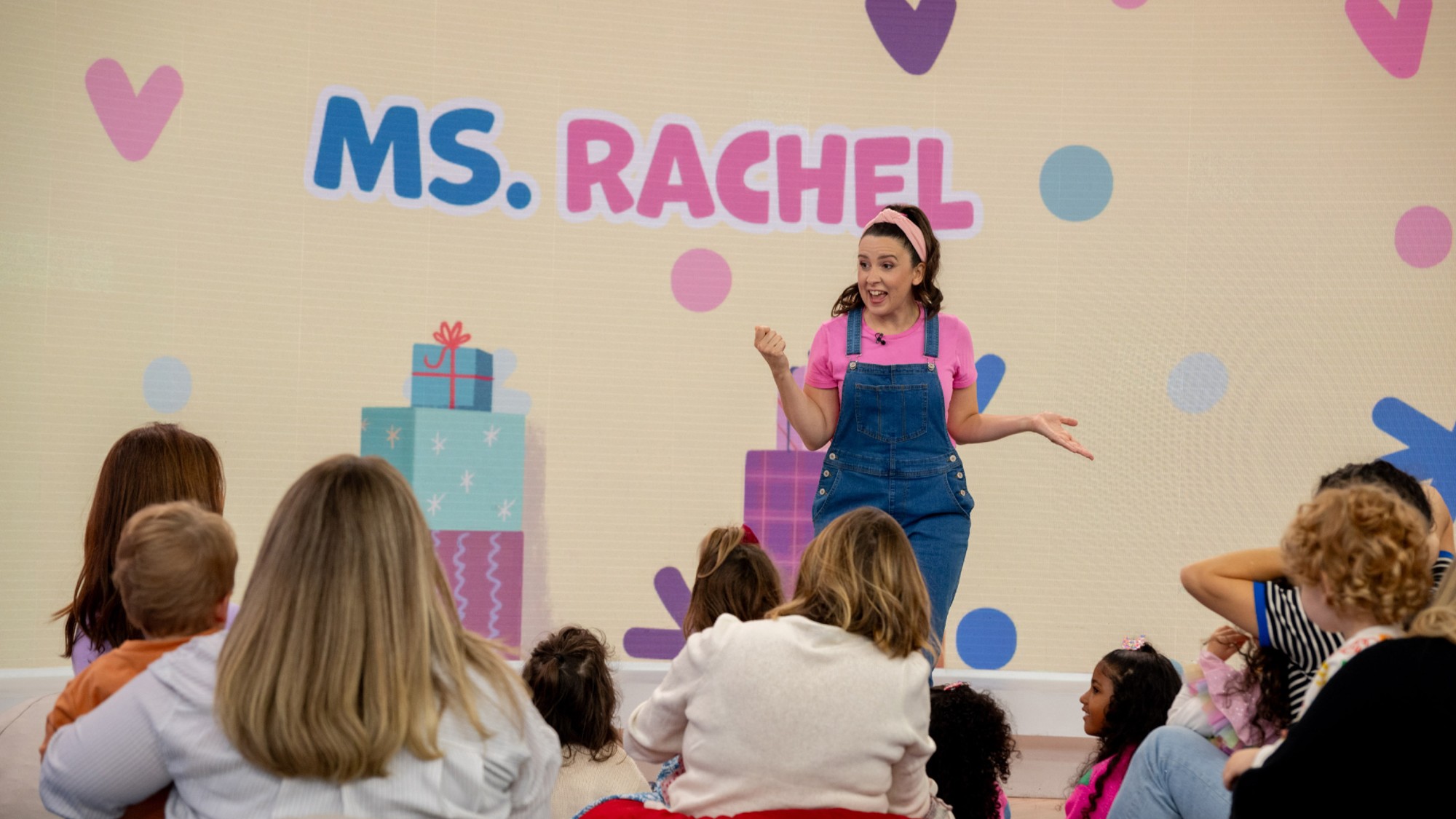 5 'slow TV' shows for overstimulated kids
5 'slow TV' shows for overstimulated kidsThe Week Recommends In an era of fast-paced content and short attention spans, the slow TV movement can be a boon to parents
-
 Chappell Roan and those parenting comments
Chappell Roan and those parenting commentsTalking Point Gen Z popstar’s claim that parents are unhappy has been widely criticised
-
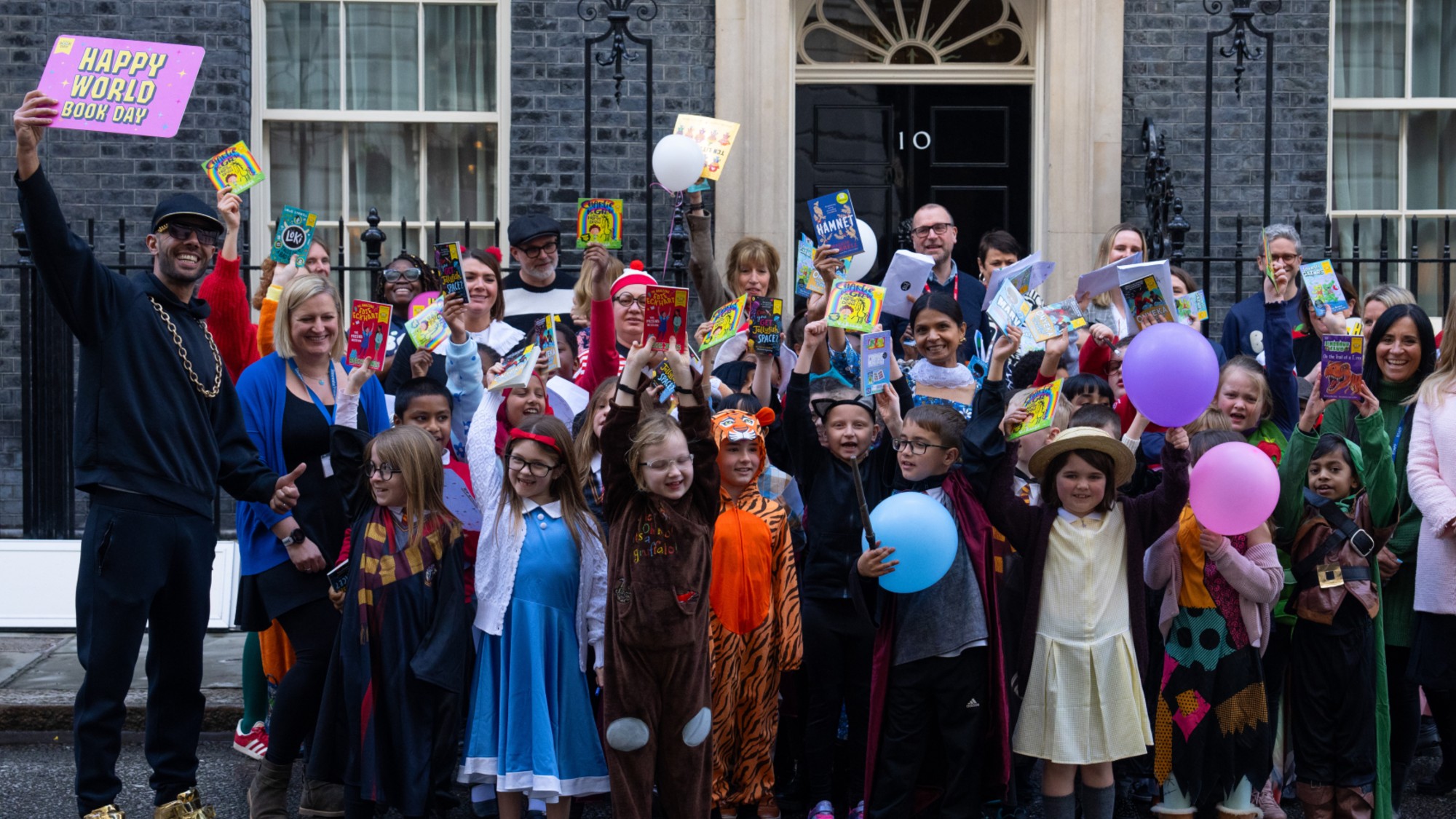 Has World Book Day become a 'horror show'?
Has World Book Day become a 'horror show'?Talking Point Annual event to encourage children to read for pleasure is sore spot for parents under 'growing pressure' to create character costumes
-
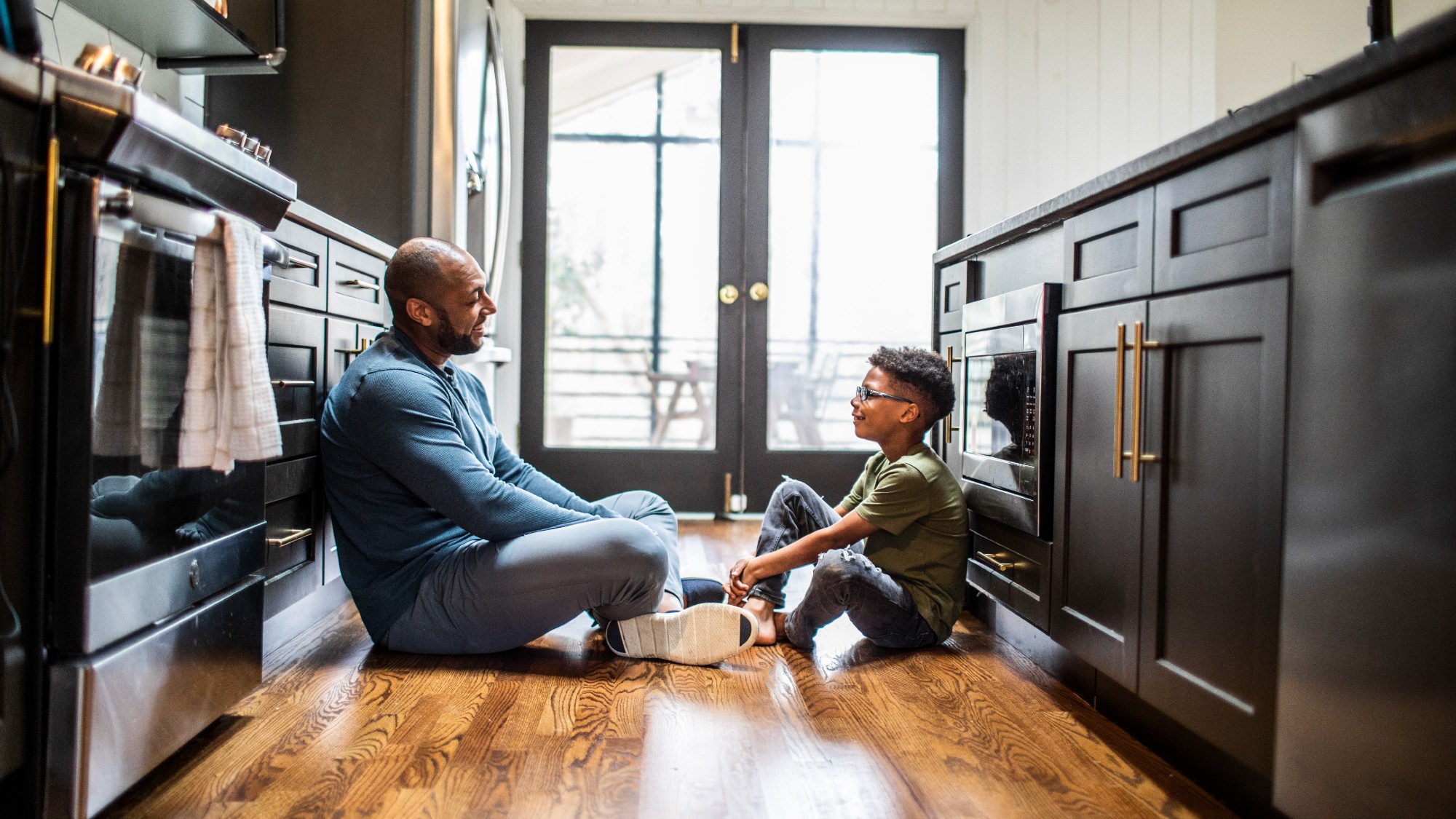 Should we give 'gentle parenting' a time out?
Should we give 'gentle parenting' a time out?Talking Point Popular, empathy-heavy parenting technique facing a stern ticking off
